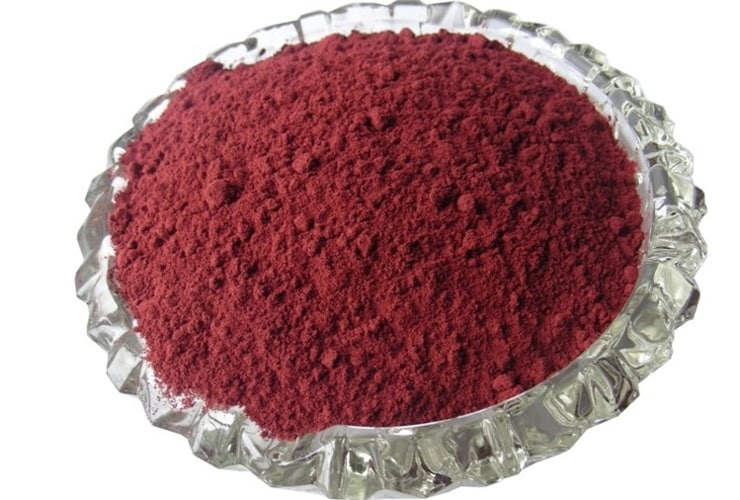Red yeast rice powder is a product obtained by fermenting red rice with a certain type of yeast. The yeast red rice is also known as Cholestin, Hypocol, Xuezhikang, or Zhitai.
Red yeast rice supplements are not the same as fermented red rice that is sold in Chinese food stores. Red yeast rice has been used in alternative medicine as an effective aid in reducing levels of “bad” cholesterol (low-density lipoprotein, or LDL) and triglycerides in the blood. It has been used as an effective aid in reducing the risk of heart disease, heart attacks, or death in people with a history of heart attacks.
Other uses not proven by research have included: lowering cholesterol levels in people with diabetes or liver disease; improving blood circulation; and treatment of diarrhea, indigestion, or other stomach problems. It is unsafe if the red yeast rice is effective in treating any medical condition. The FDA rice has not approved the medicinal use of this product. Red yeast should not be used in place of the drugs prescribed by the doctor.
When a person is diagnosed with high cholesterol, a doctor will usually recommend the patient improve their diet and exercise more. When that is not enough, prescription medication could be recommended. However, many people who take them are concerned about the side effects of pharmaceutical drugs and are looking for something more natural to help improve their health. The red yeast rice powder suppliers are an option that many people consider.
History of Red Yeast Rice and Medicines to Lower Cholesterol
Red yeast rice powder suppliers claim that this supplement has been used for almost 2300 years. It emerged in China and has been used as a food dye and medicinal herb. Around the year 800 d. In China, it was taken internally to “strengthen the body, aid in digestion, and revitalize the blood.” RYR has also been used in Traditional Chinese Medicine (TCM) to help the spleen, eliminate phlegm, and improve blood circulation.
In Japan, red yeast rice is called koji, which means “grain or bean covered by a layer of mold”. The RYR is made by fermenting rice with a kind of yeast called Monascus purpureus and contains monacolin compounds. These chemicals inhibit the production of an enzyme that doctors call “HMG-CoA reductase,” which when blocked, prevents the body from producing cholesterol.
How should I take red yeast rice?
The red yeast rice powder contains an active ingredient called monacolin K, which has the same chemical structure as the active drug in the “statin” cholesterol drug lovastatin. For this reason, red rice yeast supplements can produce the same side effects and drug interactions such as cholesterol medications produce statins.
The US Food and Drug Administration (FDA) considers red yeast products that contain more than one trace of this statin-identical ingredient as illegal and non-approved drugs. Red yeast rice products sold in the United States are formulated to not contain high levels of monacolin K.
Can red yeast rice be dangerous?
As with any supplement, it is important to make sure you get a quality product from a quality manufacturer. There have been isolated reports of red yeast rice containing the fungal toxin, which can cause liver failure. Leading brands have ensured that this chemical compound is not in its formula.
Pregnant women or nursing mothers should not consume this supplement. In addition, people taking medications that reduce cholesterol from statins, fibrate medications, cyclosporine, or antifungal medications should avoid RYR. People with liver disease should avoid it, as they may not be able to efficiently metabolize the supplement.
Who should take red yeast rice?
To make it clear, the people who could most benefit from the cholesterol-lowering effects of red yeast rice are those who have a low cardiac risk (non-diabetics and non-smokers) and who do not have a history of heart attacks, stents ( vascular stents) of coronary artery or strokes. Also, people who cannot tolerate the side effects of statins often take red yeast rice. Consult your doctor before trying alternatives if you have been recommended a prescription statin medication.








